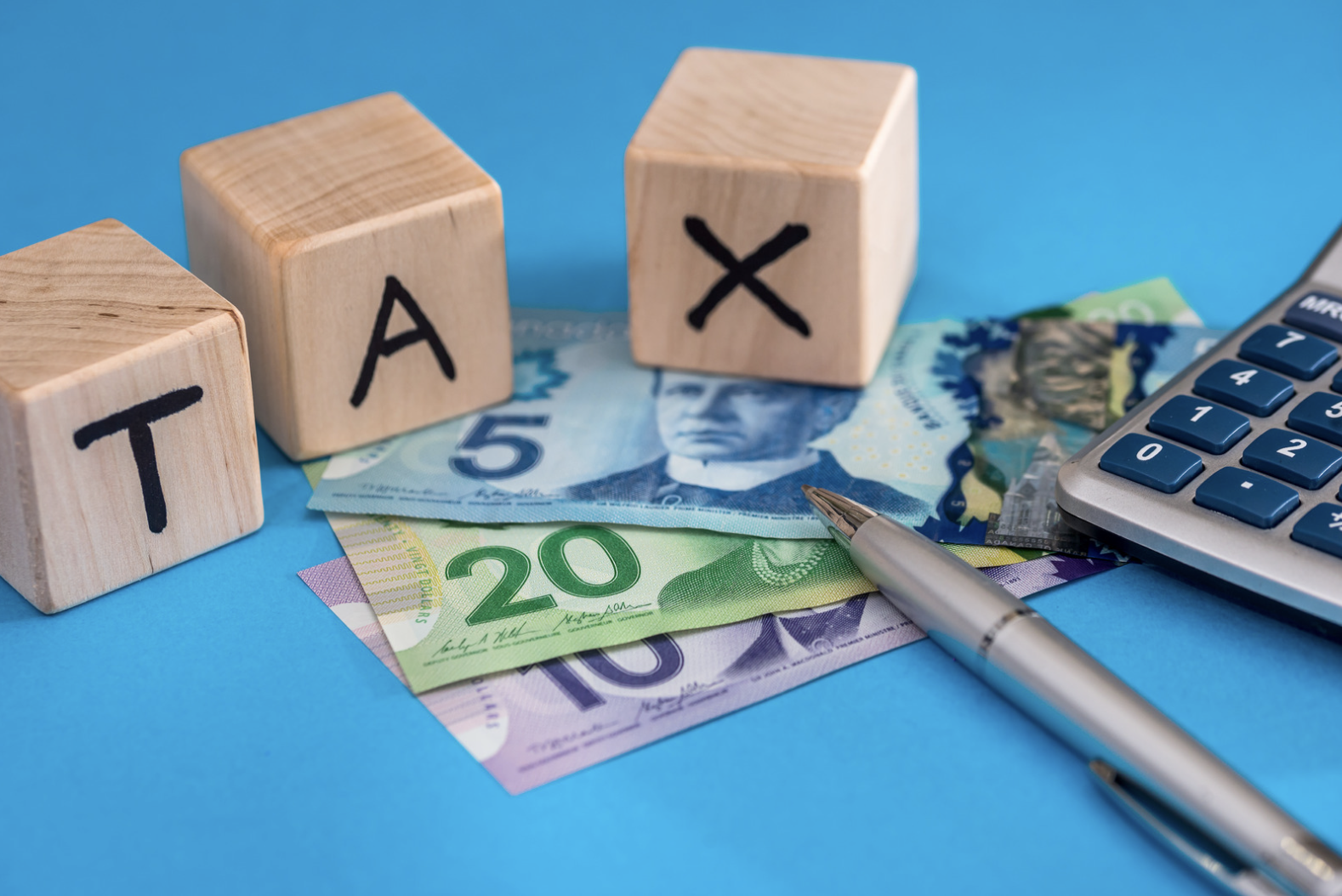n the dynamic realm of real estate, potential buyers, sellers, and investors in British Columbia must be well-versed in the intricacies of taxation to make informed decisions. Various taxes can impact real estate transactions, shaping the financial landscape for both individuals and businesses. In this blog, we will delve into the key taxes that may affect real estate transactions in British Columbia.
[NEW] Flipping Tax
Starting in 2025, the BC Home Flipping Tax is a 20 per cent tax on the gain from sale of a home within a one-year time horizon and a pro-rated tax on sales up to within a two-year period. The tax will apply to both properties and assignments of contracts and is in addition to any existing federal or provincial income taxes incurred from the sale of the property, including the federal anti-flipping tax
Speculation and Vacancy Tax
Introduced to address housing affordability and promote sustainable development, the Speculation and Vacancy Tax is targeted at property owners who leave their homes vacant. This annual tax is applicable to residential properties in designated taxable regions, including certain areas of British Columbia. Property owners should be aware of the criteria triggering this tax and take necessary steps to comply.
Empty Homes Tax (EHT)
The Empty Homes Tax is specific to the City of Vancouver. The Empty Homes Tax was started in 2017 to help address housing affordability and availability challenges in Vancouver.Vancouver homeowners are required to submit a declaration each year to determine if their property is subject to the Empty Homes Tax. Properties deemed or declared empty in the reference year will be subject to a tax on a percentage of property’s assessed taxable value.
Underused Housing Tax (UHT)
The Underused Housing Tax is an annual federal 1% tax on the ownership of vacant or underused housing in Canada that took effect on January 1, 2022. The tax generally applies to foreign national owners of housing in Canada. However, in some situations, this tax also applies to some Canadian owners (such as certain partners, trustees, and corporations).
Property Transfer Tax (PTT)
One of the primary taxes influencing real estate transactions in British Columbia is the Property Transfer Tax (PTT). This tax is levied on the transfer of real estate property, and its rate varies depending on the property's fair market value. While there are exemptions for first-time homebuyers and newly constructed homes, PTT can significantly impact the overall cost of a property transaction.
Goods and Services Tax (GST) and Provincial Sales Tax (PST)
For new or substantially renovated properties, the Goods and Services Tax (GST) is a consideration. While the GST is a federal tax, it interacts with the Provincial Sales Tax (PST) in British Columbia. Certain transactions may qualify for the GST new housing rebate, mitigating the impact of the tax on the buyer. It is crucial to understand the nuances of GST and PST, especially for developers and those involved in new construction projects. GST may also apply in situations certain rental property situations, always check with a tax professional to find out if GST applies.
Municipal Property Taxes
Local municipalities in British Columbia levy property taxes to fund public services and infrastructure. The tax rate is based on the assessed value of the property, and rates can vary between municipalities. Property owners should be mindful of municipal tax rates and potential changes, as they directly impact the ongoing costs of property ownership.
Capital Gains Tax
While not specific to real estate transactions, capital gains tax is relevant when selling real estate as it applies to the profit made on the sale. Principal residences may be exempt from capital gains tax, but investment properties and second homes are subject to taxation on any capital gains. Understanding the implications of capital gains tax is crucial for investors and those looking to maximize their returns.
Conclusion
Navigating the real estate market in British Columbia requires a comprehensive understanding of the various taxes that may affect transactions. From the Property Transfer Tax to municipal property taxes and capital gains tax, each plays a role in shaping the financial landscape of real estate dealings. Staying informed about these taxes and seeking professional advice can empower individuals and businesses to make well-informed decisions and navigate the complexities of real estate transactions in the province.







 Subscribe with RSS Reader
Subscribe with RSS Reader
